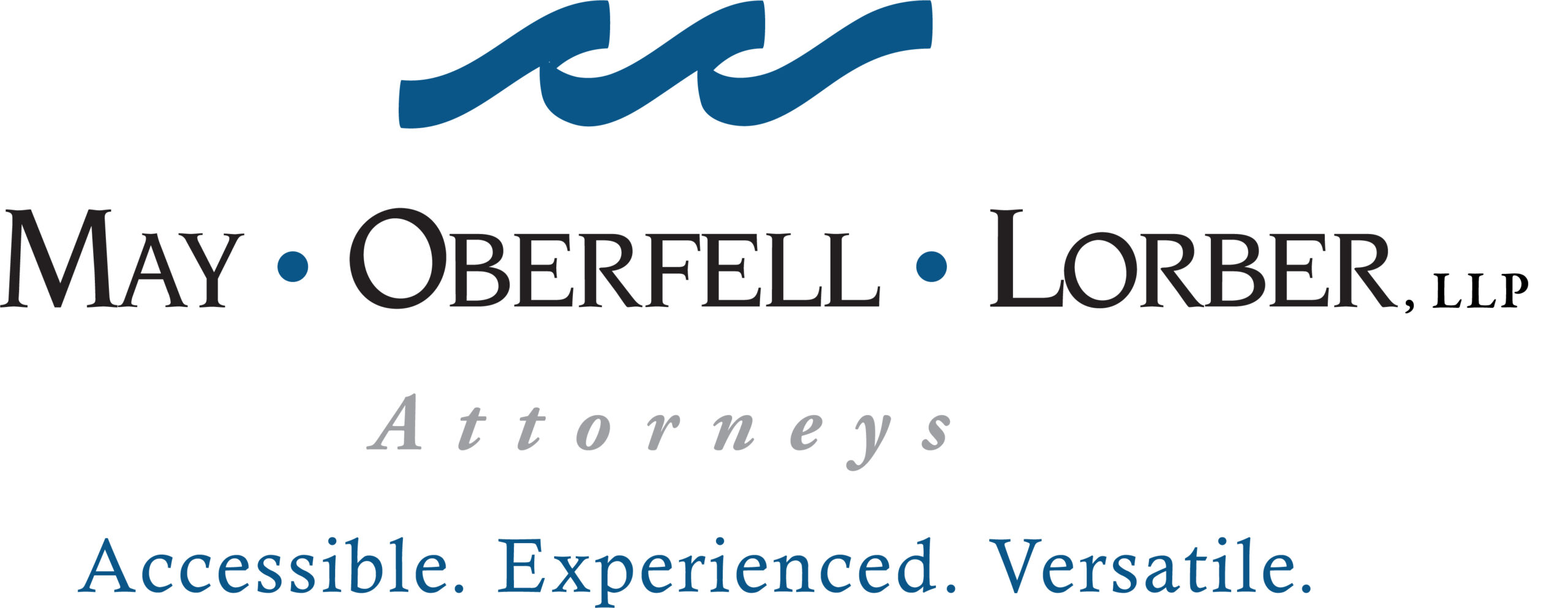Pro Se Litigants: A Word of Caution
An individual who chooses to represent themselves in a criminal and civil litigation matter is referred to as a pro se litigant. An individual initiating the case is a pro se plaintiff. Indiana Courts have long held pro se litigants to the same standards as trained attorneys and require them to follow procedural rules just as they do licensed attorneys, despite their lack of legal training. Pro se litigants are simply not afforded leniency on the basis of or by virtue of self-representation.
It is not uncommon for pro se litigants to make mistakes or miss deadlines imposed statutorily or by court order. Importantly, the rules of trial and appellate procedure in Indiana do not allow greater latitude for mistakes in cases involving pro se litigants. Indeed, Indiana appellate courts have held a pro se plaintiff’s failure to adhere to a deadline, even inadvertently, is inexcusable and subject to sanction.
A court may award attorney’s fees to the prevailing party if the court finds that the other party asserted a claim that was frivolous, unreasonable, or groundless, or litigated an action in bad faith. Similarly, Indiana Rules of Trial Procedure allow courts to assess damages and other sanctions to those engaging in abusive tactics, including failure to cooperate with discovery.
For example, if a pro se litigant fails to respond to interrogatories with answers or objections or fails to appear for his or her deposition, the court may order the pro se litigant to pay the reasonable expenses, including attorney’s fees, caused by the failure, unless the court finds that the failure was substantially justified or that other circumstances make an award of expenses unjust. In some circumstances, the pro se plaintiff’s case may be dismissed.
Further, if a pro se litigant being deposed fails to be sworn or to answer a question after being directed to do so by the court in the county in which the deposition is being taken, the failure may be considered a contempt of that court.
Thus, it is wise to retain counsel to navigate the procedural waves of litigation.
This article is for information purposes only and is not intended to constitute legal advice.
